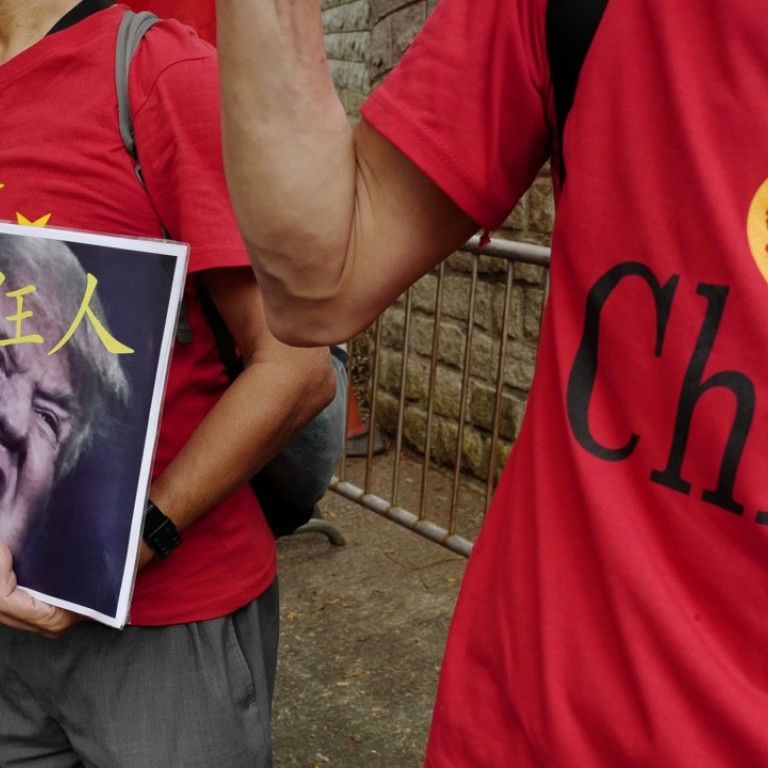
After the trade war, US-China relations will not be the same again
Neal Kimberley says now Beijing recognises that Trump’s tariff moves – though in the name of fair trade – stem from a change in America’s strategic intent, it, too, is rethinking the bilateral relationship. Neither side is likely to want a return to the old status quo
Last month, Iowa State University estimated that the imposition of tariffs in 2018 on products exported by the state, of which those retaliatory imposts levied by China are a very material part, could cost the Iowan agricultural economy up to US$2.2 billion.
More pointedly, the university report said, previous trade battles such as the Russian grain embargo of the 1980s and the 2009 dispute with China (tyres versus chickens), show that “once trade market share is lost, it is difficult for markets to return to the previous relationships”.
Then there’s the potential inelasticity of US demand for Chinese goods. If those goods cannot be easily substituted, either from within the United States or from an alternative overseas source not covered by Trump’s trade tariffs, the US consumer will either have to forego those purchases or pay up for them. In the latter case, at least to some extent, the Trump tariffs could become a tax on the US consumer.
Watch: Trade war fears for Chinese pork
At the same time, China might well consider that it has allowed itself to become both overly dependent on certain agricultural imports from the US and that the success of its export sector in selling to US consumers has left China somewhat vulnerable to the kind of tariffs imposed by the Trump administration.
India is also said to be set to buy the S-400 system. Beijing’s unease will only increase if Washington then fails to sanction India over such a Russian arms purchase.
In reality, neither Beijing nor Washington may think a return to the trade relationship of the recent past is possible or desirable. “China’s leaders have been forced into a fundamental reassessment of the country’s development strategy,” Larry Brainard, chief emerging markets economist at investment research firm TS Lombard, wrote last month.
China is “facing tariffs on the bulk of their exports to the US for the indefinite future, binding constraints on acquiring US cutting-edge technology and domestic economic dislocation as [Chinese] firms adjust to the tariffs,” he added.
In such circumstances, TS Lombard feels that despite the China-US trade war, “the economic forces that led to globalisation are alive and well” and that “market forces will now reassemble trade in ways that achieve low costs of production but not primarily by bringing manufacturing production to the US” and “will create a new Asian trading bloc with China at its centre”.
Watch: Trade war has little impact on Chinese growth, says ADB
But TS Lombard’s notion that the continuing US-China trade dispute will “re-globalise China’s trade” is an intriguing concept, especially if, as HSBC feels, China “looks set to be the world’s largest economy by 2030”.
For all Washington argues that its current resort to tariffs is an attempt to reset the China-US economic relationship to achieve “fair” trade, an assertion Trump reiterated in West Virginia on Saturday, it’s hard not to conclude that the US now sees China as a strategic competitor and is reacting accordingly.
The glass has cracked.
Neal Kimberley is a commentator on macroeconomics and financial markets

